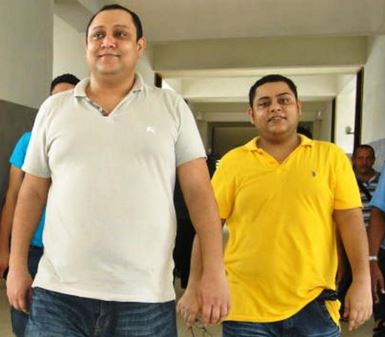×
The Standard e-Paper
Smart Minds Choose Us

At least three Kenyan judges worked around the clock to ensure drug lords Baktash Akasha and his brother Ibrahim would not be extradited to the United States for trial for drugs trafficking.
US Prosecutor Geofrey Berman, in his fresh filings before US district court Presiding Judge Victor Marrero says, the Akashas managed to first obtain bail, followed the bail with constant adjournments and then persuaded another judge to have US authorities appear in Kenya with the hope they would not comply.